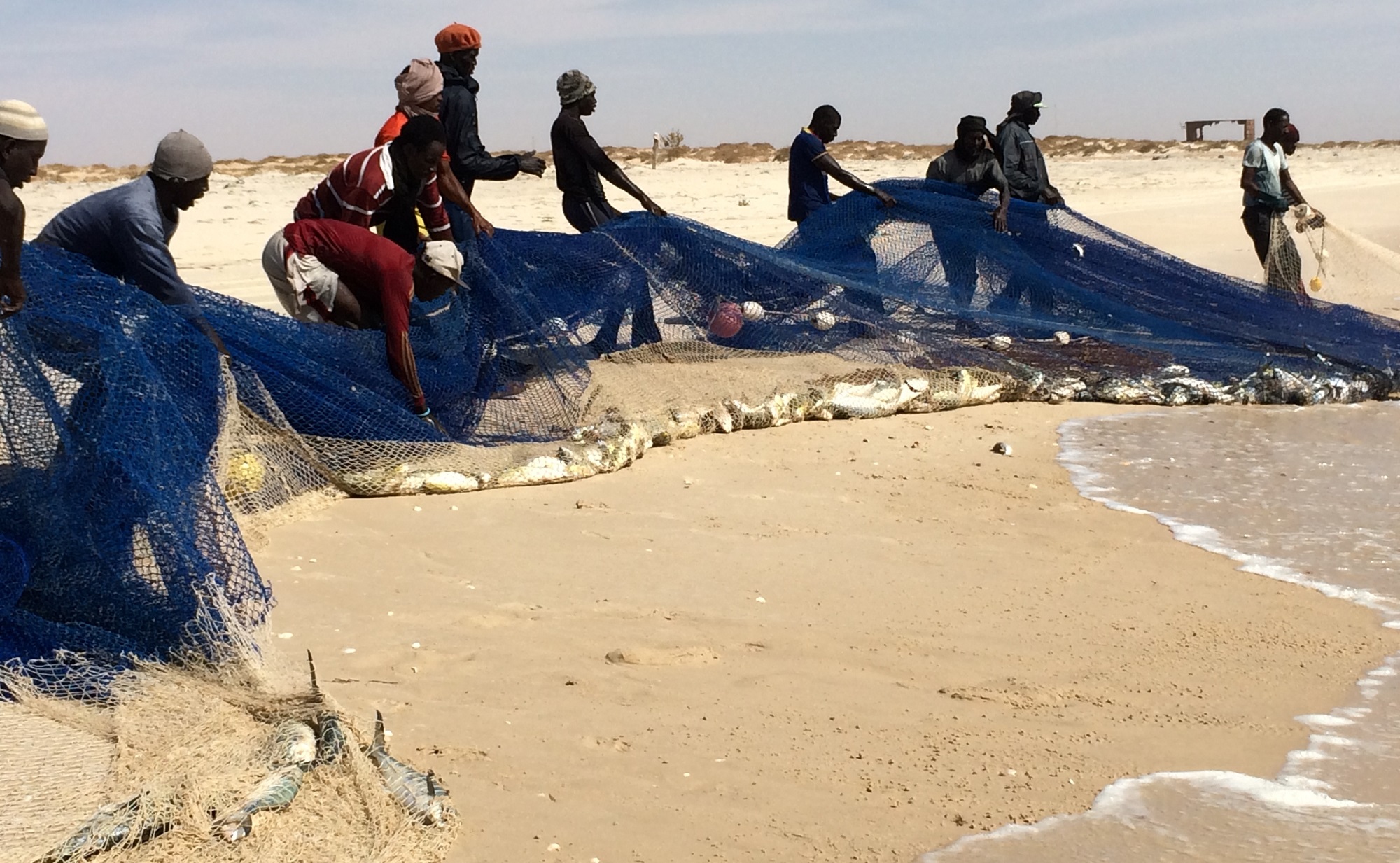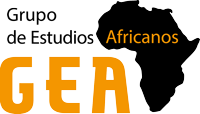International development aid

Presentation
The international development agenda was characterized at the end of the 20th century by the concept of governance (transition processes and consolidation of democracy and human rights) and a growing interest on aid effectiveness. The 21st century started with the commitment of the international community with the Millennium Development Goals, which are under discussion in 2015. A new set of Sustainable Development Goals will be approved at a UN Conference in September 2015 in New York.
In this context, this area of research focused on the need to reflect around the development strategies linked to governance: budget support, sector approaches, PRSP strategies, social participation, and coherence of Spanish cooperation policies in Africa, among others. Similarly, an analysis was made on the potential to incorporate a right-based approach on the Spanish Cooperation in Africa, taking into consideration that this approach will imply a change in the current tools. At the same time, the area of research has also focused on the impact of the current financial crisis in the development policies, which suffered a dramatic reduction in the last years.
The research has been articulated around two main areas of research: the analysis of the global cooperation on health, and the Spanish cooperation in Africa.
Members
Research Projects
International health cooperation
Given the importance accorded by the international community to the health sector to devote, for example, three of the eight Millennium Development Goals to that sector (having the other goals a clear impact on health too), this research line has discussed and analyzed development cooperation in health from an international perspective. We have focused particularly on the emergence of the concept of “global health” and the multiple international initiatives that have emerged around it, as well as the debates on issues such as universal health care, social determinants of health, or the role of ideas, discourses and practices in Africa about health, illness and health care.
The Spanish aid policy in Sub-Saharan Africa
Between 2004 and 2010 the Spanish aid towards Sub-Saharan Africa experienced a strong growth, which was interrupted by the outbreak of the international economic and financial crisis. This turnaround has led to a complete revision of the Spanish aid strategy in the continent, which resulted in a redefinition of partners and priority countries, as well as sectors of activity and aid modalities.
Throughout the last decade and within the research line in development aid, the GEA has been examining these trends and analyzing the complex debates in which they are inserted, focusing from the alignment of the Spanish strategy with the international co-operation agenda, to the specifics of the Spanish case.
Publications
- L’avenir que nous voulons pour la RCA, UNICEF, 2013. PDF
- La financiación de la educación en África Subsahariana hoy, Foro de Educación, 2012. PDF
- HIV/AIDS policies in Mozambique and the new aid architecture: successes, shortcomings and the way forward, The Journal of Modern African Studies, 2012.
- Logros, limitaciones y retos del desarrollo humano en el ámbito de la educación en África Subsahariana, Foro de Educación, 2012. PDF
- El impacto de la financiación externa en la vulnerabilidad de los países africanos, Revista Española de Desarrollo y Cooperación, 2012.
- África Cuenta. Reflexiones sobre la cooperación española en África, Habitáfrica, 2011. PDF
- Progresos y desafíos para la salud en África Subsahariana, Revista de Economía Mundial, 2011. PDF
- África: cooperación con el Sur y desde el Sur, Los Libros de la Catarata, 2011.
- Coherencia de Políticas al Desarrollo de Salud de la AECID en África, Grupo de Estudios Africanos, 2011. PDF
- Salud, enfermedad y sistemas sanitarios y de protección social en África, Fundación Ideas, 2011. PDF
- Las ONGD españolas en África, CONGDE, 2009. PDF
- Ayuda, mercado y buen gobierno, Icaria, 2005.
